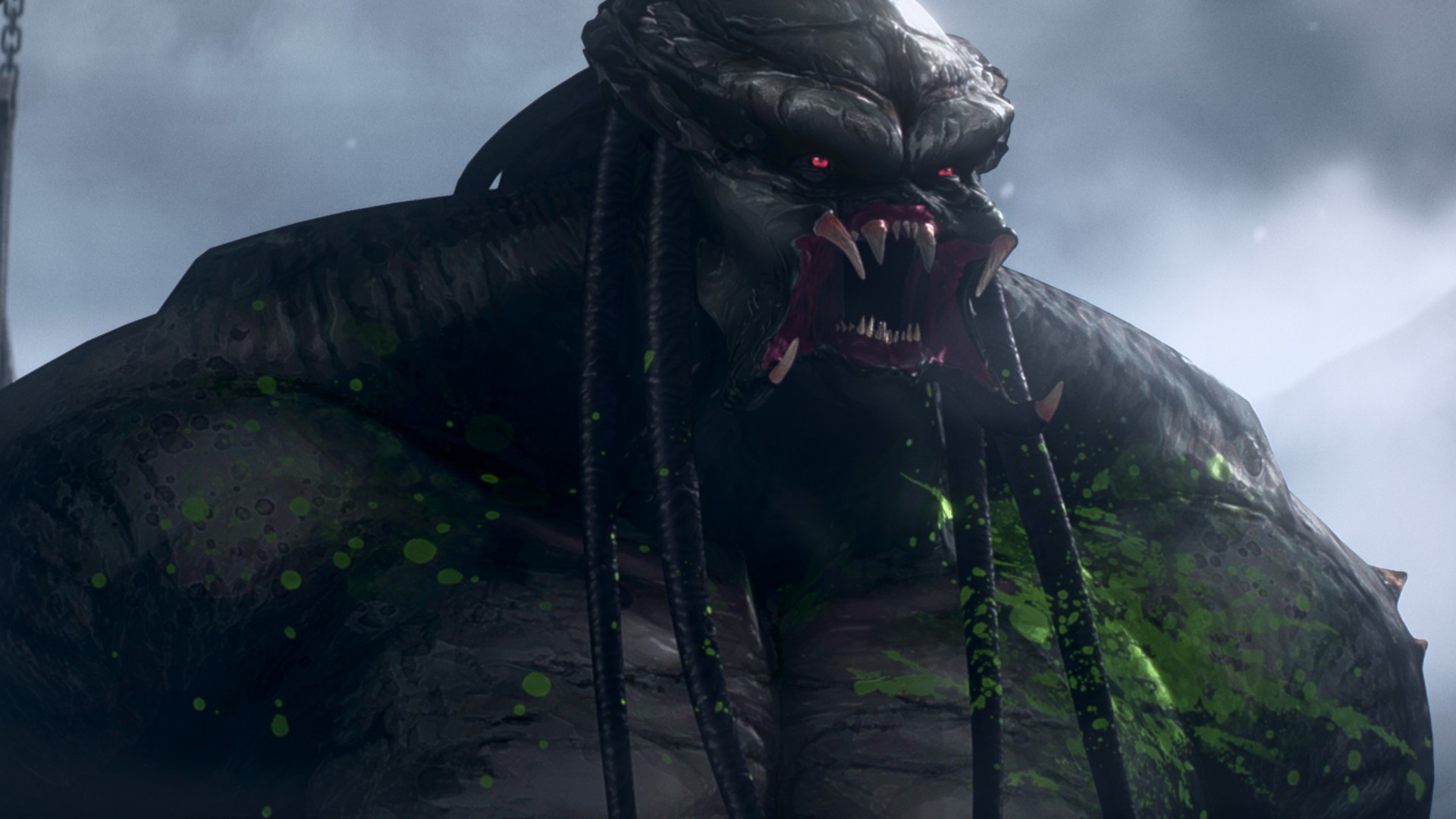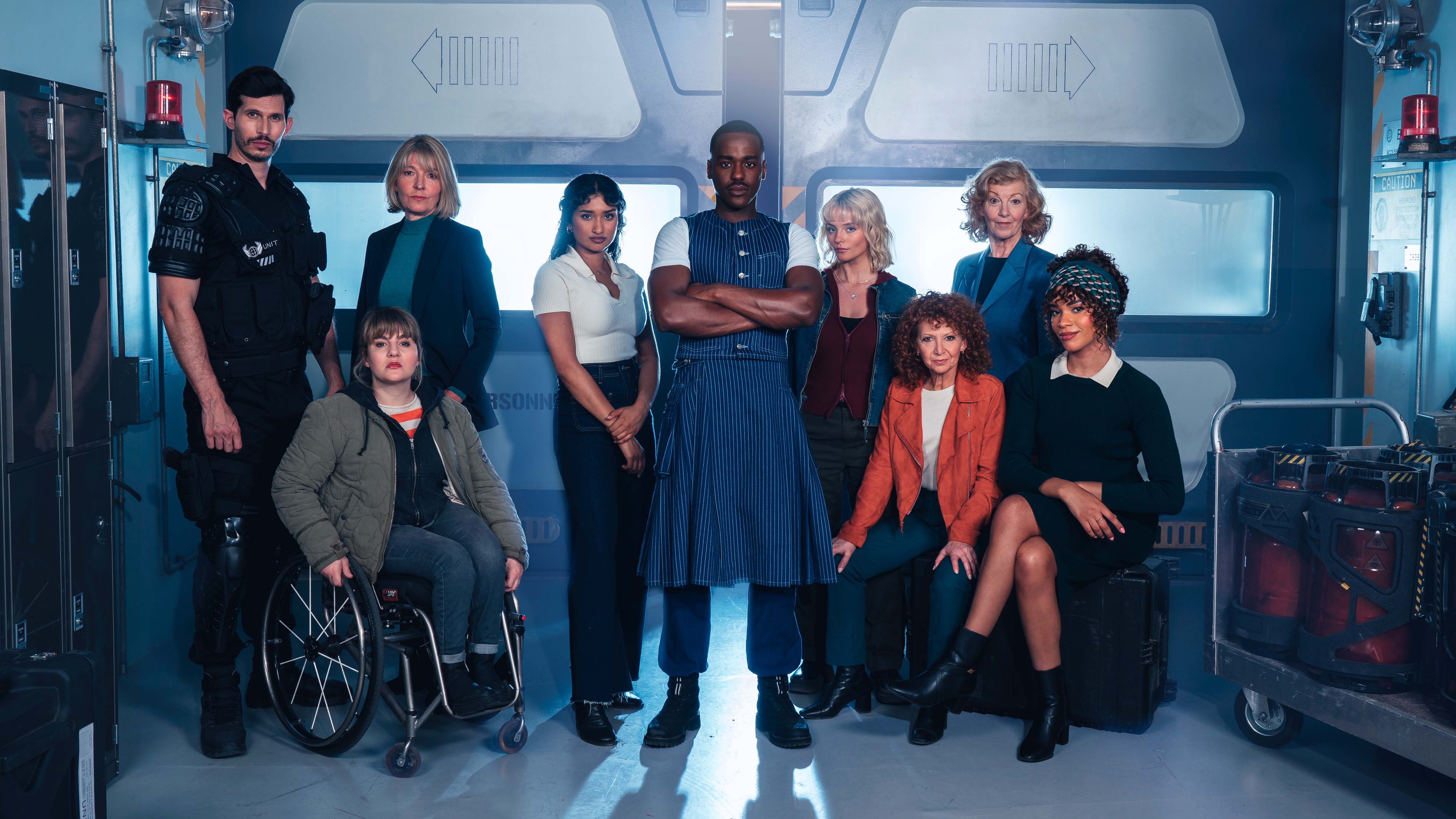The History of Metroid
A series that lived in the shadows of giants
Meanwhile at Intelligent Systems, development on the long-awaited Game Boy Advance sequel, Metroid Fusion was progressingꦚ smoothly. For the first time 🐟in years Team Shikamaru had reunited especially for the Metroid project, and was going to be the most accessible, plot-heavy instalment yet.
Fusion took Samus back to SR-388 (where she'd earlier exterminated the Metroids) where she swiftly became infected by X Parasites, the galactic pandemic that Metroids were originally created to destroy. Samus was saved by surgical removal ofඣ her armour and infusion with Metroid DNA, allowing her to absorb X Parasites for health. The consequence was the creation of an evil Samus clone, who constantly stalked you throughout the game.
Objective based gameplay made for the a far more linear Metroid than had been seen before, and Team Shikamaru hoped it would finally꧂ help them sell a few more copies in Japan.
In North America Retro Studios' public image - and expectations for Metroid Prime - got worse and worse. The developer's final non-Metroid project, Raven Blade was officially canned and staff moved over to help reach the deadline for Metroid Prime. Then a series of embarrassing photographs of led founder Jeff Spangenberg to resign from the company.🐈 Miyamoto and Japan stepped in.
A year later Metroid Prime re-emerged - this time playable and in first-person at E3 2002. Expectations were totally and completely blown away; the controversial sequel successfully retained the classic Metroid formula whil𒆙e moving it into a 3D environment.
Nintendo called it a First-Person Adventure; seamless and beautiful HUD effects immersed🍰 the player in Samus' world like never before, registering everything from rain effects to the bounty hunter's own reflection in her visor. But glimpses of the famous Varia suit weren't completely removed; morph ball antics were flawlessly moved into first-person and many of Metroid'🦩s famous items survived the move into first-person.
Sign up to the GamesRadar+ Newsletter
Weekly digests, tales from the comm🀅unities you love, and more

At the end of that year both M♕etroid Fusion🐈 and Metroid Prime arrived in North America in the same week, both receiving rave reviews. But it was Prime that turned out to be the real winner,garnering tons of game of the year awards and becoming the second highest selling title on GameCube. Metroid had finally become a success, and Nintendo quickly moved in to purchase Retro outright and commission a trilogy.


